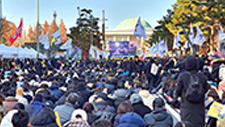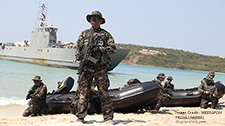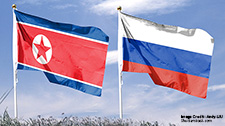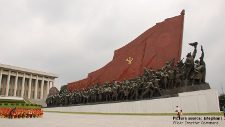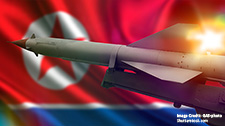Biden Must Recalibrate Policy on North Korea
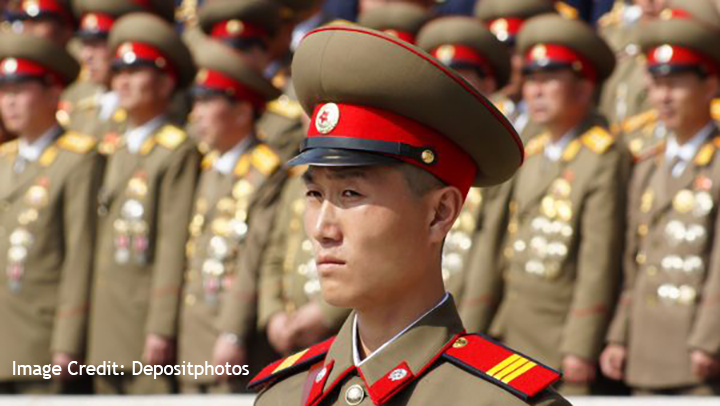
Mitch Shin
Introduction:
After North Korea notched a record-breaking month for missile tests in January, many experts have explained the series of launches by saying that North Korea is trying to draw attention from the United States, as Pyongyang has fallen out of the top priority list due to tensions with China and Russia.
However, this rationale leads the international community and North Korean watchers to misunderstand the intention of the North’s missile tests and what it is aiming to achieve this year.
North Korea is not preparing for future negotiations with the United States and South Korea, nor do its missile tests represent Kim’s desire to return to the negotiating table by enticing the U.S. to make concessions first. More clearly, North Korea will not suddenly come back to the table and respond to Washington’s offer for talks “anytime, anywhere, with no preconditions” this year.
Based on the results of the five-day plenary session of the Eighth Central Committee of the ruling Workers’ Party of Korea in December 2021 and Pyongyang’s latest remarks on the U.S. sanctions and its missile tests, North Korea’s intentions are clear. Pyongyang’s goal is building a concrete foundation for its five-year plan to develop its defense technology and military system. Under that plan – which was introduced in the Eighth Congress Party last year – North Korea seeks to significantly strengthen its nuclear and missile capabilities. By doing so, Pyongyang believes that the U.S. and South Korea would offer more attractive and favorable incentives, including lifting sanctions or partial removal of the so-called “hostile policy” first to deter its growing power and leverage in the region.
Related Publications
-
Martial Law and Political Polarization: What’s in Store for South Korea?
Abstract On December 3, South Korean President Yoon Suk-yeol declared emergency martial law, shocking both the country and the rest of the world. However, the martial law was only in […]
-
Unraveling of a martial law attempt: South Korea’s democratic moment
South Korea, once known as the “Land of the Morning Calm” and the Hermit Kingdom, has a complex modern history marked by ideological tensions and political challenges. Since the establishment […]
-
Russian and DPRK Military Cooperation in Ukraine – A Win-Win?
In early August 2024, Ukraine launched a significant offensive in the Kursk region in Western Russia which may have prompted the activation of the DPRK-Russia Strategic Partnership Agreement and triggered […]
-
Kamala Harris on North Korea: Change or Continuation?
Despite many efforts and different strategies, both previous and current U.S. administrations have been unsuccessful in preventing the Democratic People’s Republic of Korea (DPRK) from developing its nuclear and missile […]
-
Kamala Harris and North Korea: Between Continuity, Pragmatism, and Strategic Realignment
A possible future Harris administration is likely to continue the Biden administration’s approach to North Korea, focusing on sanctions and diplomatic pressure. This strategy may be shaped by broader geopolitical […]
